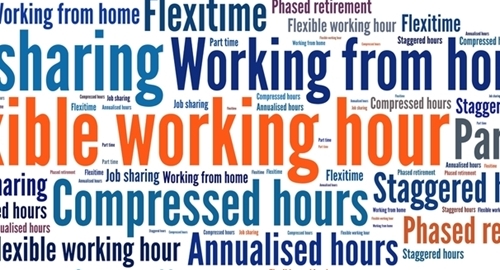Today’s employee is under more pressure than ever before. They have to manage rising expenses, meet company goals and handle their personal concerns. Some employers believe that work and personal life should never intersect, but creating such a culture may hinder productivity.
If a staff member doesn’t have the option to respond to situations as they arise, then they might end up being less productive. Mass Relevance and University of Pennsylvania both offer flexible work schedules because they feel this gives workers the opportunity to better handle their responsibilities.
“The no set work hours and unlimited vacation are just a small part of a much bigger idea,” MassRelevance CEO Sam Decker told Fast Co. Labs. “The Pygmalion Effect says that the more trust you put in someone, the more they will fulfill that trust.”
In UPenn’s situation, the human resources department found that professors might be working on advanced degrees or responding to their respective industry’s demands. Faculty members can choose from flex-time with varying hours of operation or flex-place, which gives them the chance to work in-house and outside of the workplace.
“There are as many stories to why an office will benefit from flexibility and an individual will benefit from flexibility as there are differences in all of our lives because every situation is unique,” Marilyn Kraut, director of HR’s Quality of Worklife Programs told the Penn Current.
However, the challenge is keeping in touch with all of these staff members. One day half of the company might not be in the office, which can pose a challenge for meetings. To mitigate these problems, human resources can use its HR software to identify how departments can best utilize flexible work options like flex-place, flex-time, part-time work or a compressed work schedule.

